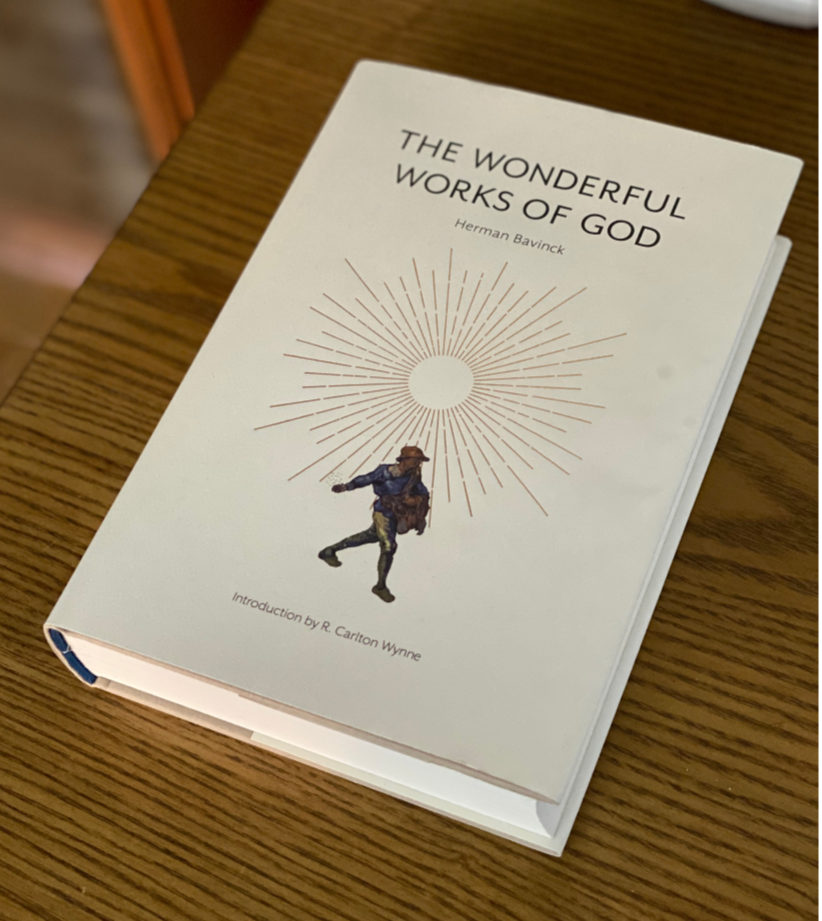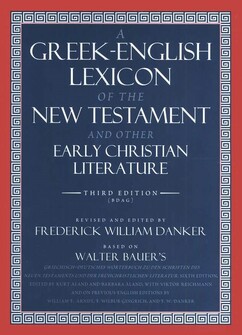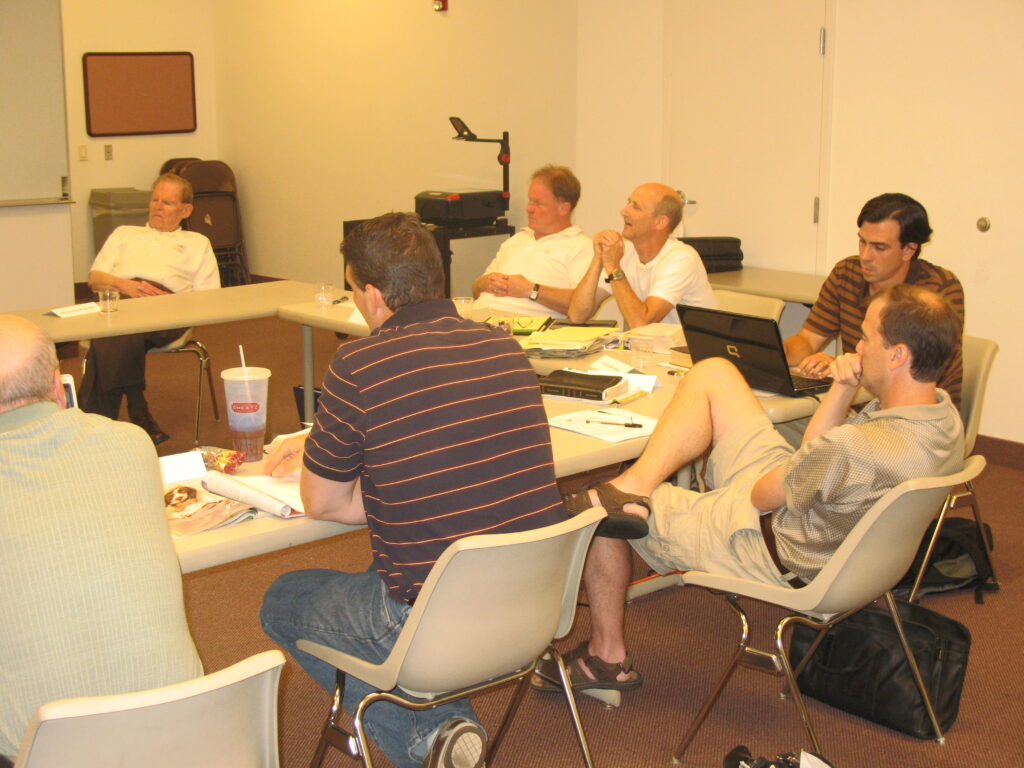
No offense to my recent students, but my mentor and long-time homiletics professor, the late Dr. Haddon Robinson, once said:
“I’ve listened to so many bad sermons in my lifetime, it’s a miracle that I am still a Christian.”
I’m pretty sure he was only half joking.
Last week I had the privilege of listening to many good sermons preached in my Advanced Homiletics class. Here are a couple of observations and suggestions:
- Introductions usually are too long in proportion to the number of sermon minutes. Novice preachers tend to create sermon introductions that are too long. This tendency might be caused by a failure to think carefully about what introductions must do. It also appears that preachers think introductions are more valuable than they really are. A sermon introduction must do two things: (1) introduce the subject of the sermon and (2) tell why listeners need to hear that subject matter [a bonus (3) could be telling them the worship response: “We worship this morning by ____________.” In light of what I just experienced, my suggestion is to shorten your sermon introductions.
- The segment between the introduction and the first point is too long. Again, the more inexperienced preachers seem bent on spending precious sermon minutes on contextual or background information. Part of the reason might be what the students are used to hearing from their professors or from reading commentaries. My standard rule in class is, only supply contextual/background-type information that is critical for interpreting your preaching portion. My suggestion is before placing contextual or background information in the sermon, ask yourself, “Could I understand the meaning of this text without this piece of background information?” If the answer is, “yes,” then leave it out of the sermon.
As you can tell, I am a huge fan of saving sermon minutes for the theological interpretation of Scripture. And that clock sure moves quickly on Sundays!
May our Lord receive glory in the church and in Christ Jesus (Ephesians 3:21) as a result of our evaluations and striving to preaching well.
Randal










